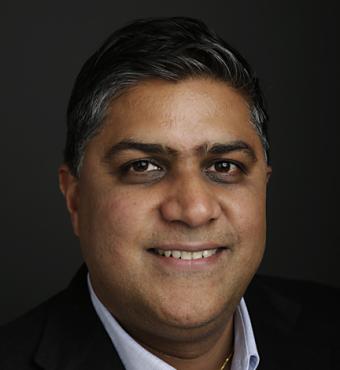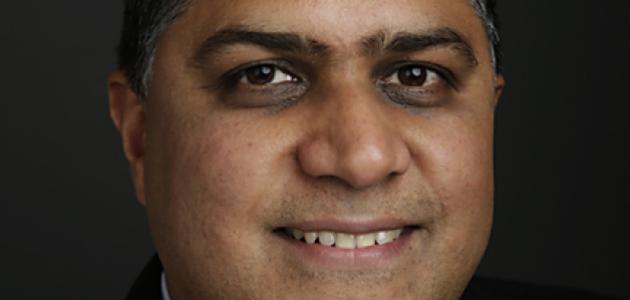
Hoover Institution (Stanford, CA)—The Hoover Institution at Stanford University welcomes Nand Mulchandani, former chief technology officer (CTO) of the Central Intelligence Agency (CIA) and one of the nation’s foremost authorities on artificial intelligence, cybersecurity, and emerging technologies, as a Visiting Fellow for 2025–26.
From 2022 to 2025, Mulchandani served as the CIA’s first CTO, where he shaped the agency’s technology strategy and drove efforts to integrate artificial intelligence, advanced computing, and other emerging technologies into intelligence operations. In this newly created role, he was charged with modernizing the organization’s technological foundations, strengthening its mission effectiveness, and positioning the agency at the forefront of innovation. He continues to serve as an advisor to the CIA after stepping down in June 2025.
Before joining the CIA, Mulchandani served as CTO and acting director of the Department of Defense’s Joint Artificial Intelligence Center, the Pentagon’s central hub for AI innovation, from 2019 to 2022. There, he played a pivotal role in institutionalizing AI across the military, designing scalable architectures, building policy frameworks, and accelerating mission applications of artificial intelligence. His leadership helped advance the DOD’s modernization strategy in an era of intensifying technological competition.
Prior to government service, Mulchandani spent more than two decades in Silicon Valley as an entrepreneur, innovator, and senior executive. He cofounded and led multiple pioneering companies, including ScaleXtreme (acquired by Citrix), Determina (acquired by VMware), and Oblix (acquired by Oracle). He also held senior leadership roles at VMware, OpenDNS (acquired by Cisco), Citrix, and Accel Partners, where he drove innovation in enterprise software, cybersecurity, and cloud computing. He began his career at Sun Microsystems as a compiler architect, where he was awarded a patent on dynamic code generation.
In addition to his private-sector and government leadership, Mulchandani has been deeply engaged in academia and policy. He earned a bachelor’s degree in computer science and mathematics from Cornell University, a master of science in management from Stanford University’s Graduate School of Business, and a master of public administration from Harvard University’s John F. Kennedy School of Government. He continues to serve as a nonresident fellow at Harvard’s Belfer Center for Science and International Affairs, contributing to research on the intersection of emerging technologies, security, and international strategy.
At Hoover, Mulchandani will work closely with the institution’s Technology Policy Accelerator, where he will be a core contributor to the program’s activities in areas such as accelerating defense tech innovation and preventing strategic technical surprise. His work will also focus on advancing innovative policy frameworks, strengthening national resilience, and mentoring the next generation of leaders navigating the disruptive impact of advanced technologies on security and society.
For coverage opportunities, contact Jeffrey Marschner, 202-760-3187, jmarsch@stanford.edu.

The Hoover Institution's Technology Policy Accelerator conducts research and develops insights that help government and business leaders better understand emerging technology and its geopolitical implications so they can seize opportunities, mitigate risks, and advance American interests and values.























